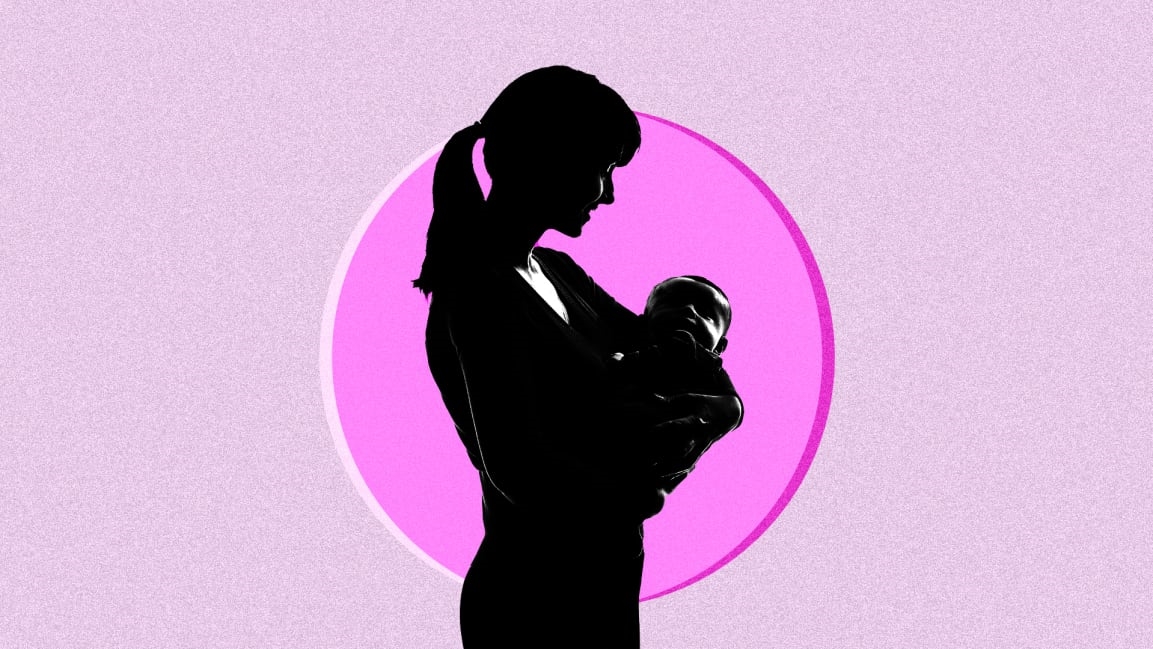How maternity leave made me a better leader
Last year, following the birth of my first kid, I went on maternity leave: for 18 weeks, I fully disconnected from my job as the CEO of Front, the company I cofounded 7 years prior. Startup wisdom says that the best way to succeed at your job is to make yourself obsolete. Supposedly, in a high-growth environment, there’s always more to do than you can handle, so by making yourself obsolete, you’re freeing yourself up to broaden your scope. That makes sense on paper, but as CEO I can’t exactly take on a bigger role, so I’ve had to take that saying a little more figuratively. That changed when I went on maternity leave: finally, I could test whether, over the years, I had done a good job making myself obsolete. Today, the company, my team, and I are in a great spot. Thinking back, I’m convinced that going on maternity leave allowed me to get there faster. Here’s why.
Going on maternity leave might not sound like a controversial decision. After all, you can’t sit in a board meeting and deliver a baby at the same time, so you might as well give priority to the one you can’t postpone. And who doesn’t want to meet the latest addition to their family? Still, for many ambitious professionals, the common understanding of what it means to go on “parental leave” is to keep the official duration to a minimum, stay up to date on the latest corporate events while you’re out, and still make yourself available during the leave lest important decisions are made without your input.
I wanted to do the exact opposite: disconnect for 18 weeks, the maximum duration afforded at full-pay to employees of Front in California. The obvious reason was that I was pregnant and looking forward to spending time with my daughter, but on top of that, I felt compelled to lead by example. I had to take the full duration of the leave and remain offline the whole time, so that other parents working under me would not feel the unspoken pressure of having to cut their leaves short, for fear of not conforming to the standard set by the CEO. The pandemic had been particularly hard for parents, with one in three moms considering leaving the workforce or taking a less demanding job, so I found it extra important to try to reverse this trend.
It was still a hard decision to make. I had worked at Front with almost no interruption for 7 years, and had never felt like I could take a long break—say, more than 2 weeks—without repercussions to the business, so the idea of fully disconnecting for more than 4 months was scary. My executive team was incomplete, and I feared that this gap would slow down our operating cadence. I had just hired a CRO, and knew that thorough onboarding was necessary to make them successful on the job. Generally speaking, as CEO, the buck stops with me. I wondered: when I’m gone, who will make the hard decisions that would fall under my responsibility?
The pregnancy plan
Fortunately, pregnancy hormones are powerful tranquilizers, so I still went for it. I made a careful plan for what should happen while I was out:
Then I had my baby, basically on day 1 of my scheduled leave, and I didn’t hear about the company once for the next 18 weeks. It was an incredibly special time, and I’m so grateful I took it.
Still in business!
When I came back, to my amazement, we were still in business! In truth, I had never expected the company to be struggling, but I was sure I’d have to immediately go back to 70-hour workweeks, put out a lot of fires, and address festering issues. Instead, I found that we were thriving. In my absence, the company had transformed and grown.
Partly due to the decision delegation I outlined before my leave, and partly due to the vacuum I left, everyone found themselves with a stronger sense of ownership over their own work. The escalation framework gave people a sense of security: if things truly went south, I’d be back (in fact, nothing was escalated to me). And because 18 weeks is a long time, people were forced to make calls themselves instead of postponing until my return. Thus happened what happens when talented people are provided with plenty of autonomy and enough room for error: overall, they did great work.
Teams were forced to collaborate, especially within the executive team. Ironically, that was exactly what I had been trying to achieve for a while, but could never pull it off without going on leave: I always ended up being the go-between, the arbiter of conflicts between different parts of the company. With me gone, there was no hope that I’d take one side over the other. I couldn’t save them the pain of deciding on the best path for the business: for weeks, they were forced to figure it out without me. Now, they wouldn’t want it any other way!
Not everything went above expectations. This was almost reassuring: I was still needed at Front after all! My absence outlined the jobs I had that couldn’t be filled by anyone else, like regularly addressing the whole company to unite and motivate them. Before going on leave, I would talk many times per month at our All Hands presentations, attended by everyone. During my leave, however, people didn’t hear from me once. Dozens of new employees joined Front and didn’t get to see their CEO for many weeks, which only aggravated the isolating effect of the pandemic. Now that I’m back, I’m more deliberate in my communication to the company.
Finally, I was personally able to use that time in a productive way for the business. It gave me unprecedented step-back time. For the first time in the history of the company, I had the ability to look at our business from a detached perspective, sheltered from the buzzing noise of the daily ups and downs. It really pushed my creative thinking and allowed me to come up with some crazy ideas that we’ve been experimenting with for several months as a company.
Mathilde Collin is CEO and cofounder of Front, a customer communication platform.
(22)



